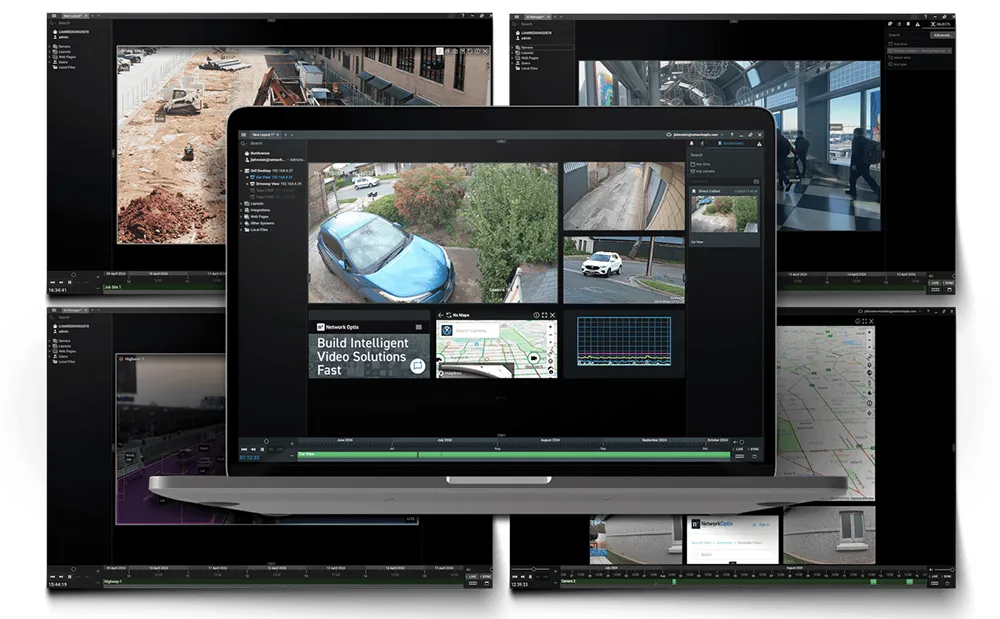The CNVETX1 video encoder/decoder from UK-based ComNet Europe is designed for those applications suffering or likely to experience extreme temperatures, vibration, shock or irregular voltage and where humidity with condensation are present, says the company. The all-new CNVETX1 is a single channel video encoder/decoder which has been ‘industrially hardened’ for use in the most extreme operating environments. It accepts an incoming baseband video signal with duplex audio and serial data for camera PTZ contro
July 29, 2013
Read time: 1 min
The CNVETX1 video encoder/decoder from UK-based 30 ComNet Europe is designed for those applications suffering or likely to experience extreme temperatures, vibration, shock or irregular voltage and where humidity with condensation are present, says the company.
The all-new CNVETX1 is a single channel video encoder/decoder which has been ‘industrially hardened’ for use in the most extreme operating environments. It accepts an incoming baseband video signal with duplex audio and serial data for camera PTZ control. It encodes this information to H.264, MPEG-4, MPEG-2, or MJPEG video compression standards and inserts it onto an Ethernet network.
It can be user-configured as an encoder or decoder, or the decoding may be carried out with the decoding software supplied. It is operable as a PoE (IEEE 802.3aF) powered device or from any 12V dc source and also contains ComNet IVS software for simultaneous video streaming and onboard content management.
The all-new CNVETX1 is a single channel video encoder/decoder which has been ‘industrially hardened’ for use in the most extreme operating environments. It accepts an incoming baseband video signal with duplex audio and serial data for camera PTZ control. It encodes this information to H.264, MPEG-4, MPEG-2, or MJPEG video compression standards and inserts it onto an Ethernet network.
It can be user-configured as an encoder or decoder, or the decoding may be carried out with the decoding software supplied. It is operable as a PoE (IEEE 802.3aF) powered device or from any 12V dc source and also contains ComNet IVS software for simultaneous video streaming and onboard content management.










